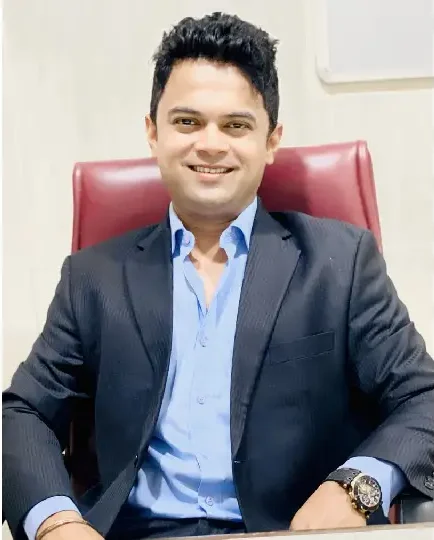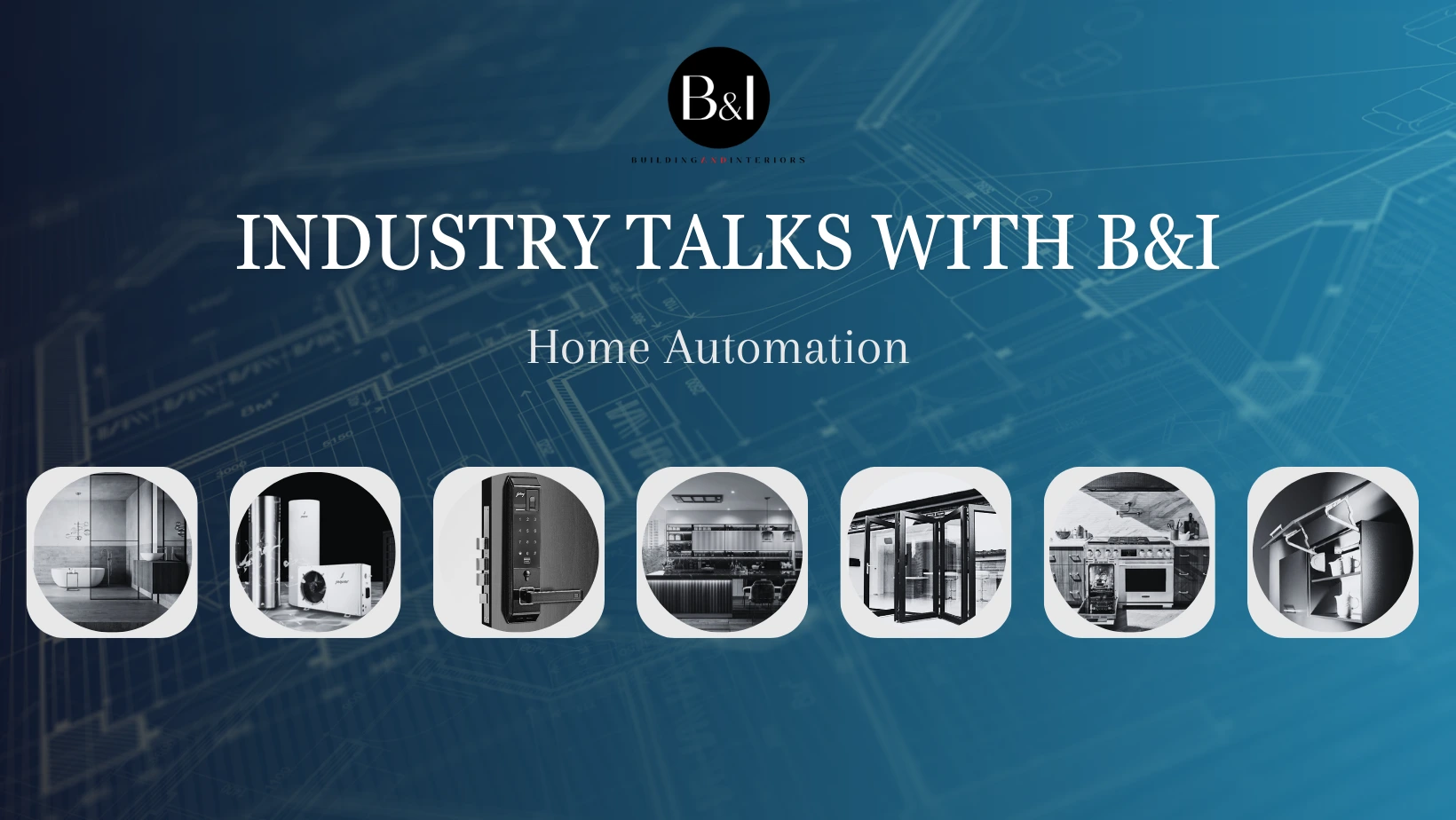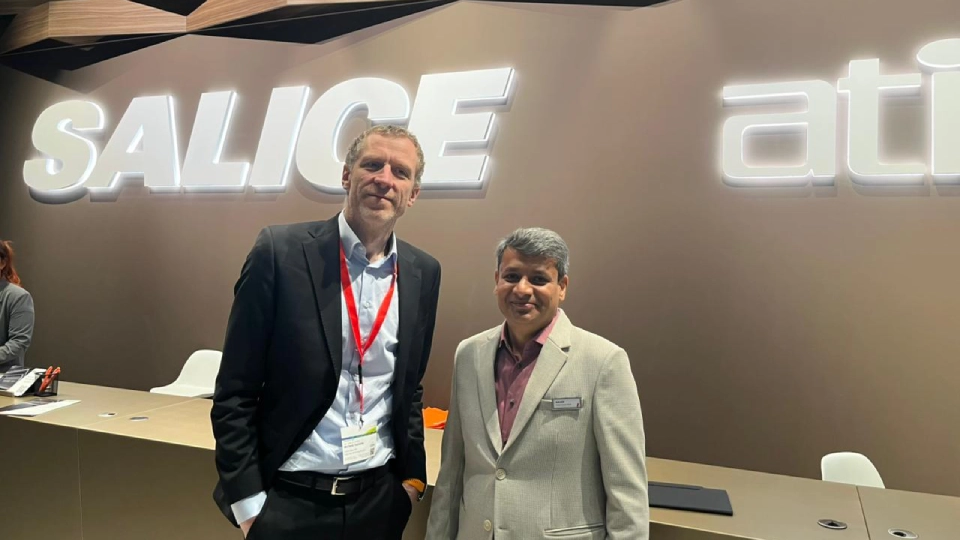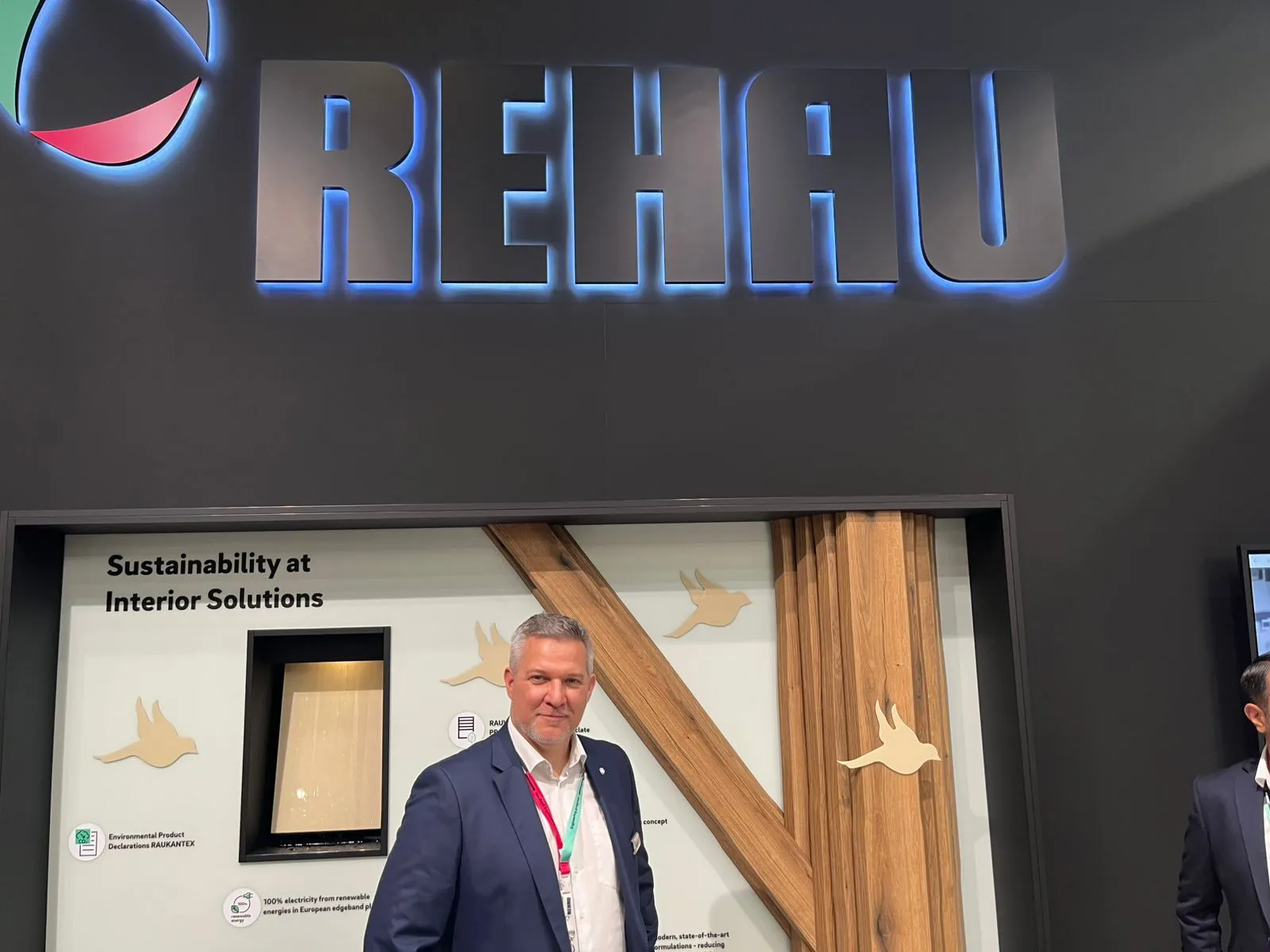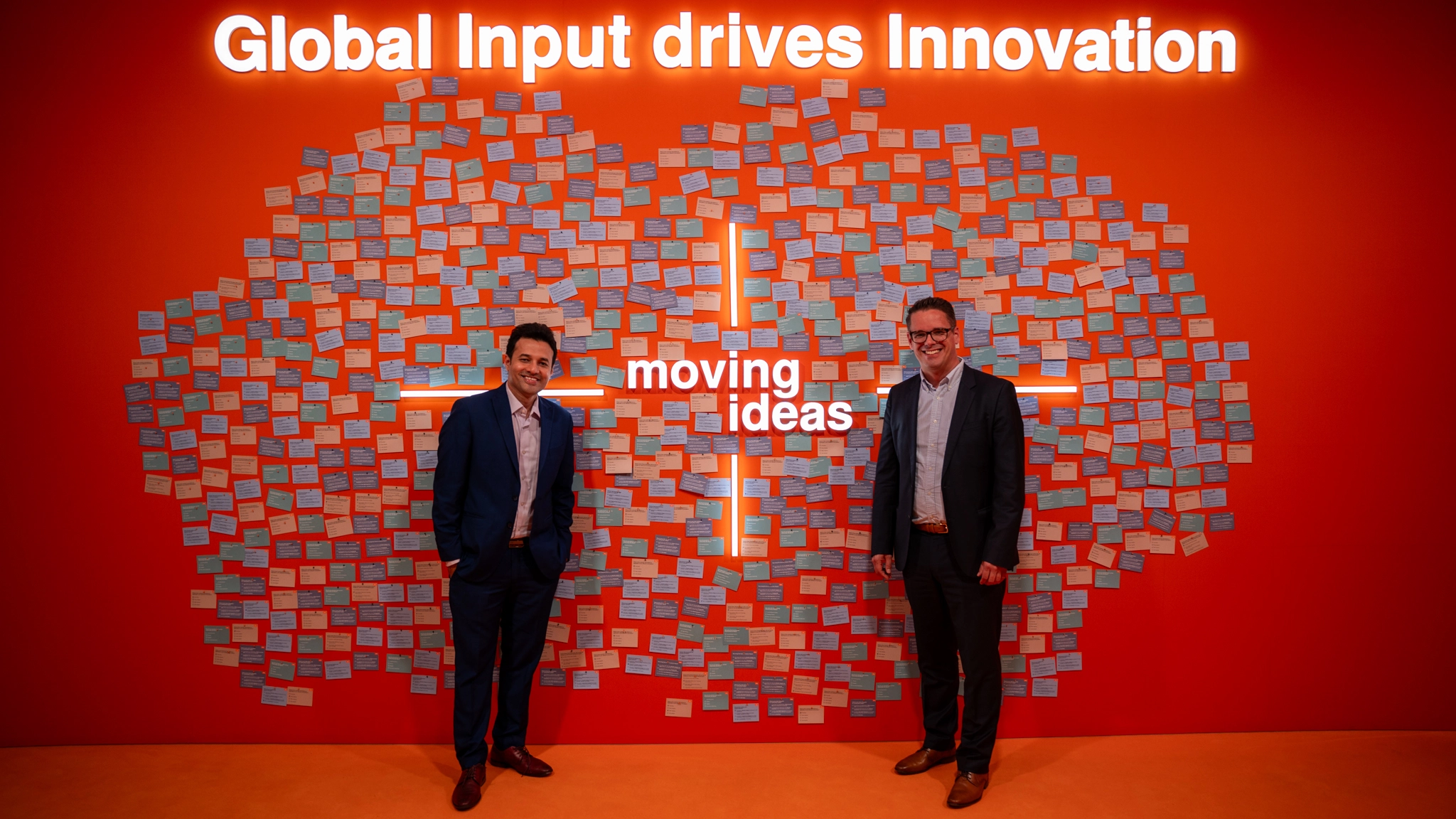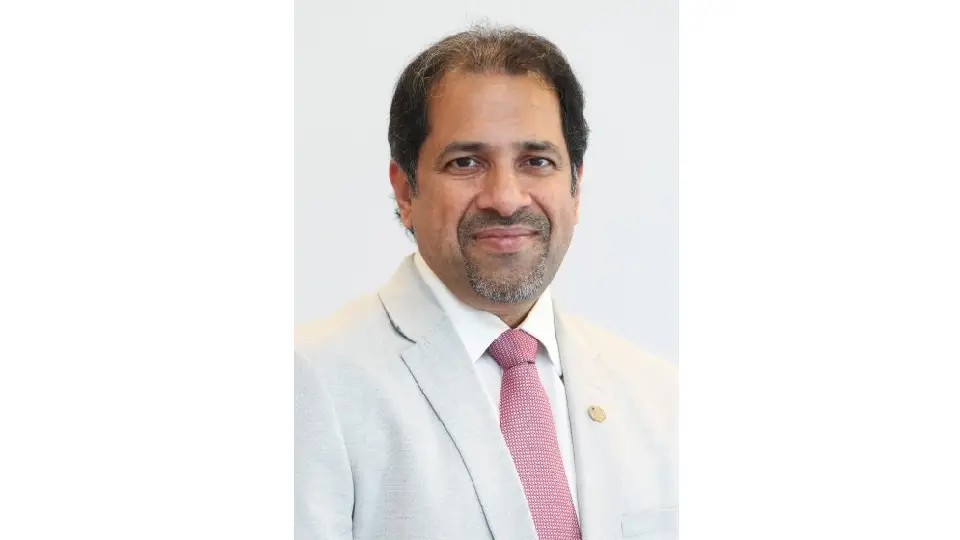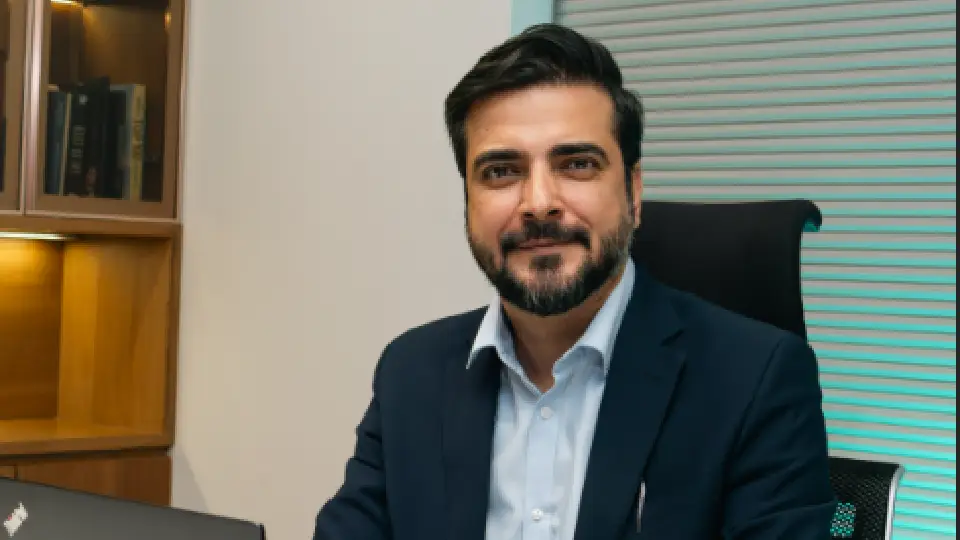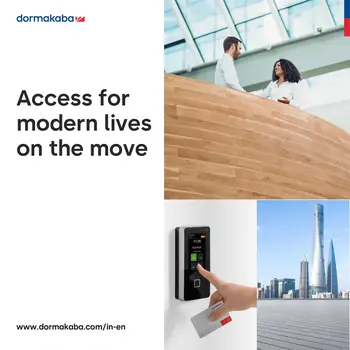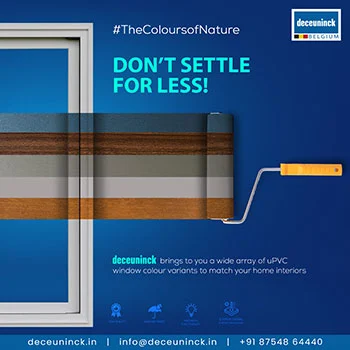As India is gradually accelerating its infrastructural development, the need to construct safe and sustainable buildings is becoming increasingly crucial. The contribution of MEP engineers is central to ensuring that the buildings are resilient and designed for future generations. In this edition of Expert Talk with BuildingandInteriors, Kunal Chaudhari, Director, Udayan Chaudhari & Associates Pvt. Ltd. (UCA), shares his insights into the evolving role of MEP systems in modern buildings and the need for the intersection of technology and building design to transform the MEP scenario in India. He also highlights how collaboration within the country, as well as with global players, can help MEP companies in scaling up.
Kunal Chaudhari is a second-generation Consulting Engineer and Director at a leading MEP Consulting Firm, with over 15 years of experience delivering complex design projects across India and internationally. A Mechanical & Automation Engineer by qualification, he is known for his detail-oriented approach and expertise in sustainable, technology-driven designs. His portfolio includes successful projects for MNCs and global brands across sectors such as data centers, laboratories, commercial buildings, hospitals, and hotels. He is a TIERS Accredited Designer for Data Centres from UPTIME Institute and has contributed to the industry through panel discussions, guest lectures, and leadership roles, including as the Past Treasurer of the ASHRAE India Chapter. Kunal is also a published author and is actively building an engineering organisation with a global outreach.
B&I: How has the journey of Udayan Chaudhari & Associates been till now?
Kunal Chaudhari: Udayan Chaudhari & Associates Pvt. Ltd. (UCA) was founded by my parents way back in 1989. I joined the family bandwagon in 2009, while the company had already completed two decades in the MEP consulting sphere. The journey has been full of ‘ups & downs’, and being part of a niche field in the construction industry, I’ve seen firsthand the sacrifices my parents have made to build a successful business. My personal journey has been far easier since I had an established platform to build upon. Nonetheless, my journey has demanded a lot of hard work and dedication to the art of design. That’s what has brought UCA to where it is today.
B&I: Tell us about some of your landmark projects as a top MEP company in India.
Kunal Chaudhari: We have a wide array of projects spread across various sectors of the built environment. Right from Health Care Projects like – Apollo Gleneagles, Kolkata & GK General Hospital, Bhuj – which was overseen by the PMO after the Gujarat Earthquake, to Hospitality Projects like – Taj, Theog & Marriott, Kathmandu – which won us many accolades and projects in the region, so much so that UCA now runs an office in Nepal.
Some of our Landmark Projects also include:
- German Embassy, New Delhi
- Bennett University, Greater NOIDA
- IIT, Bhillai
- Cadence, NOIDA
- Microsoft, Gurugram
- Anant Raj Cloud Data Center, Manesar & Panchkula
- Bank of America, Gurugram & Chennai & Mumbai
- Radisson, Dharamshala
- Crowne Plaza, Lucknow
- Courtyard by Marriott, Shillong, and many more
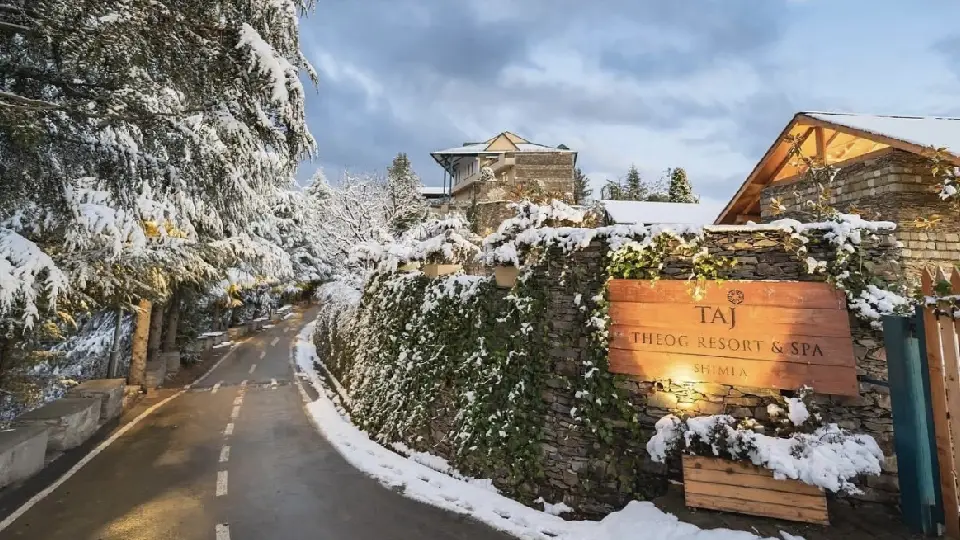
B&I: As a leading MEP engineering consulting company in India, how do you see the MEP scenario in the overall building ecosystem?
Kunal Chaudhari: A building only comes to life when the Building Engineering Systems are functional and run well. Mechanical or HVAC Systems, Electrical & Low Voltage Systems, Plumbing & Fire Fighting Systems, all stitched together properly with the Building’s Architecture, Structure, Interior Design, Landscape, etc., define the success or failure of a building. As India develops its infrastructure, the role of MEP Engineers is ever so important. We have a moral obligation to build strong, safe and sustainable buildings for our future generations.
B&I: Talk to us about the trends and challenges in the MEP-Architect interface and MEP-Customer interface.
Kunal Chaudhari: The technology trend is ever-growing – BIM & Digital Twins are the future of Building Design, and the current challenge is to stay abreast with this technology shift. Experience in Building Design is critical and insurmountable, while learning new technology for the experienced is a challenge in itself. The key here is to bring both worlds together to deliver a future-ready, sustainable design solution for buildings, which UCA is working on diligently towards a digital transformation.
The MEP-Customer Interface is also seeing a technology shift. We designed several projects during the COVID lockdowns, and all our interactions with clients during those days were through online meetings, and all of those projects are now successfully completed with happy customers. At UCA, we’ve developed our own software called ‘constrUCt’, which is a Free Service App offering our services to all our clients. This tool has been put forth to digitise our processes and to make us more accountable to our customers through transparency and live-tracking.
B&I: How do the Indian MEP companies compare to those in the West? What can the international markets learn from the Indian MEPs?
Kunal Chaudhari: The Indian MEP Companies today have a lot of exposure, experience and competence in building complex infrastructure – a clear shift from twenty years ago. The lessons learnt during this journey are invaluable, and what the Indian companies bring to the table is – Ergonomics. The fact that both energy & water are scarce resources in our country, our way of life and indeed our style of design is quite frugal. We can surely share our ideas and learnings with the rest of the world, and there is a clear path for MEP consultancy works in the ‘Design in India’ initiatives of the Government.
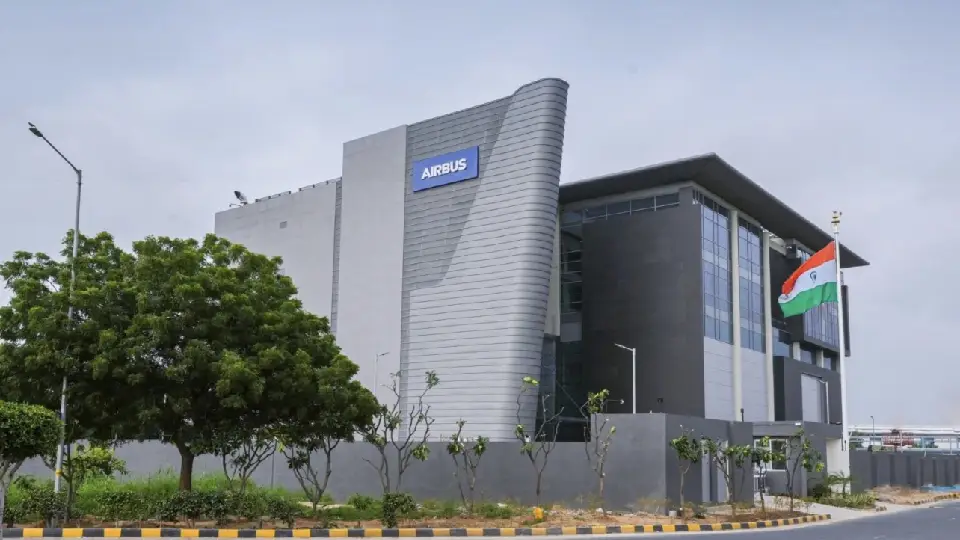
B&I: How can the Indian MEP companies scale up?
Kunal Chaudhari: The only way to scale up fast is through collaboration. First, we must upskill and collaborate within the country, and then with International players. We mustn’t work like a back office to the world, and rather, we should be the front face of new construction around the planet. This is a distant dream still, but as we scale up and work in a more professional environment, this transformation is inevitable.
B&I: Tell us about the supplier-side challenges in this ecosystem. As a top MEP company in India, what is your word of advice for the suppliers across product categories?
Kunal Chaudhari: ‘Make in India’ has been a roaring success in the MEP segment, and we are hardly importing any complete components for our projects anymore. However, there is a lack of investment in R&D and Innovation. Most of the products manufactured undergo assembly mainly in India, while those produced entirely tend to mimic what the world already makes. Indian scientists and engineers hold world-class capabilities, but stronger connections between industry and academia remain necessary, along with funding to bring ideas to life.
One such area of growth in India is IoT BMS, where there are plenty of homegrown system integrators, but we’ll need to see this trend across many verticals to be able to supply to the world.
Industry Talks with B&I – Home Automation Market in India
As Indian consumers move up the consumption ladder, the desire to lift up their lifestyle, especially in living spaces, is al


